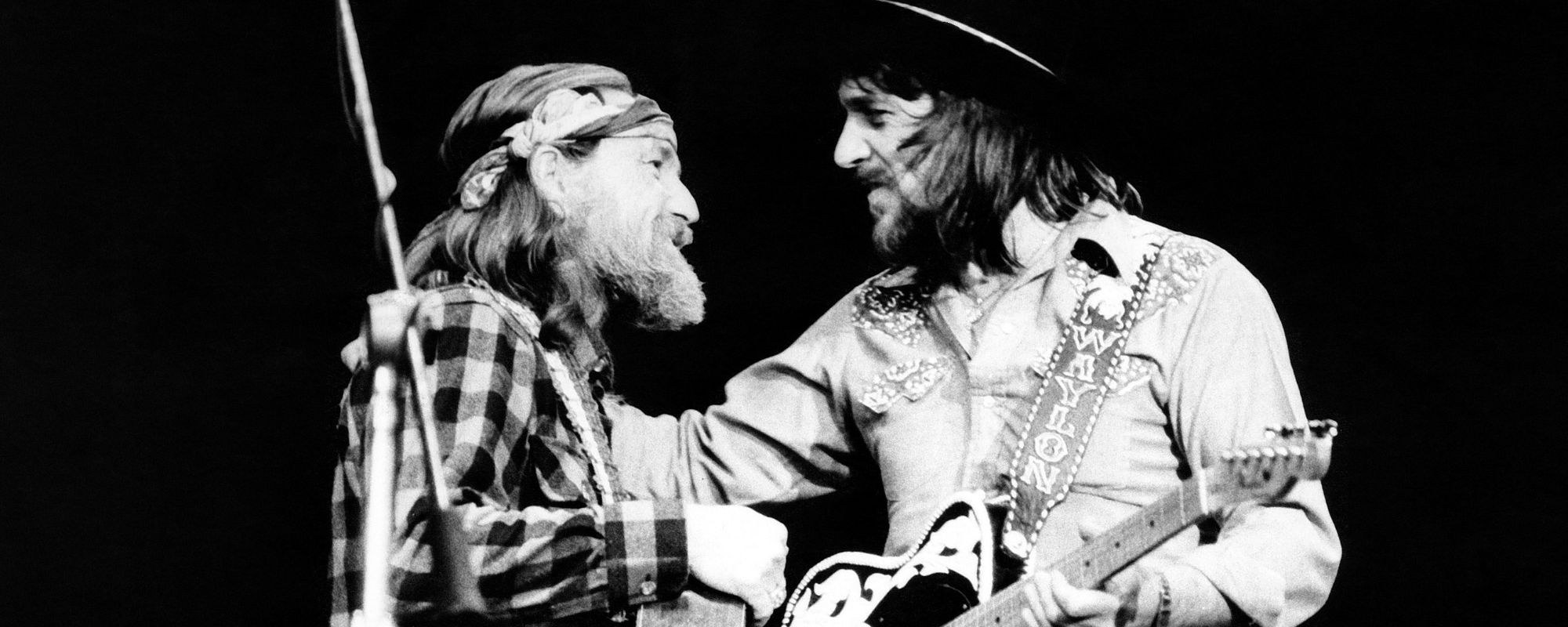Tom T. Hall helped to advance the art of country songwriting by refusing to settle for well-worn tropes or cliches just to cater to an audience. Instead, he was far more interested in documenting life in all its splendor and messiness.
Videos by American Songwriter
In his 1971 country chart-topper “The Year That Clayton Delaney Died”, Hall took a touching look back at the life and death of a kind of musical mentor of his. Indirectly, Hall was also reflecting on his own musical path as well.
Hall’s Homespun Wisdom
Tom T. Hall was born in Kentucky and became involved in making music at an early age. But he thought that his path to distinction in the field might not be as an artist. For a while, he focused on being a DJ while also trying his hand at songwriting.
As it turned out, he proved pretty adept at being both a writer-for-hire and an artist in his own right. “Harper Valley P.T.A.”, his telling portrait of small-town hypocrisy, became a no. 1 pop hit for Jeannie C. Riley in 1968. Meanwhile, Hall started to enjoy success as an artist as well, in part because he was so prolific as a writer.
In an attempt to find inspiration for a 1971 album that he would eventually title In Search Of A Song, Hall took a jaunt around his old Kentucky stomping grounds. He initially thought he’d write as he traveled. Instead, he just settled for taking notes. Along the way, he visited the grave of Lonnie Easterling.
Easterling was a young musician who died before he reached the age of 20 due to his hard-living ways. But he had shown kindness to Hall as he was just starting his musical journey. Seeing the grave jogged Hall’s memories, and he wrote “The Year That Clayton Delaney Died” as a tribute.
Examining the Lyrics of “The Year That Clayton Delaney Died”
Hall’s story doesn’t shy away from the difficult details of his friend’s death, as evidenced by the first couplet.
“I remember the year that Clayton Delaney died / They said for the last few weeks he suffered and he cried.”
Calling himself a “barefoot kid,” the narrator explains how he thought Delaney’s skills should have earned him more recognition:
“I often wondered why Clayton, who seemed so good to me / Never took his guitar and made it down in Tennessee.”
“Well Daddy said he drank,” the narrator explains, hinting at the reasons that Delaney’s talent stayed local. Or maybe it was that even for the best players, a musician’s life is an unforgiving one
“And Clayton used to tell me son, you better put that ol’ guitar away/There ain’t no money in it, it will lead you to an early grave.”
Clayton proved to be a mentor in more ways than one, indoctrinating the younger man into the world of alcohol. But the narrator knows this doomed soul shaped his life: “When Clayton died I made him a promise / I was gonna carry on somehow.”
In the final lyric, Tom. T Hall explains his reaction to the sad news.
“Nobody ever knew it, but I went out in the woods and I cried.”
Hall ties up the story with a wish that his friend’s spirit might find a benevolent resting place: “While I know there’s a lot of big preachers that know a lot more than I do / But it could be that the good Lord likes a little pickin’ too.”
“The Year That Clayton Delaney Died” gave Tom T. Hall a huge hit on the country charts. It solidified him as a songwriter of rare nuance and wisdom. And it also paid quite the moving tribute to a fellow whom Hall clearly felt deserved that same kind of fame were it not for an unkind fate.
Photo via the Country Music Hall of Fame











Leave a Reply
Only members can comment. Become a member. Already a member? Log in.